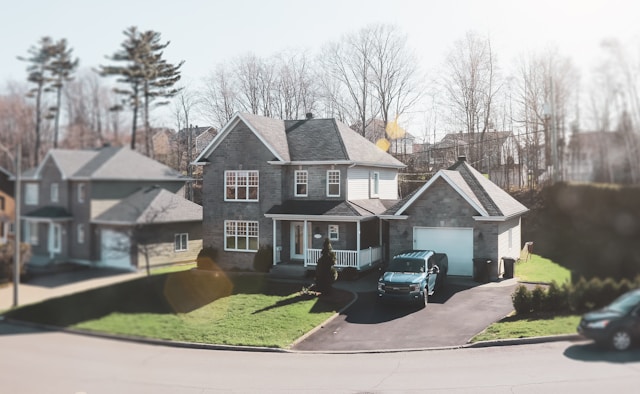As a prospective buyer, if you see something about a property you’d want to fix or replace, you’ll probably want to negotiate repairs or credits with the seller. The question is whether you want the seller to manage the repairs or you to manage the repairs. Neither choice is inherently better or worse, but certain circumstances or goals may cause you to opt for one or the other.
When buyers opt to negotiate repairs, the primary reason is that they simply don’t want to deal with it, and would prefer for it to already be finished by the time they move in. This is certainly a valid reason, but there may actually be a more important one. Many — though not all — loans require the property to meet a minimum standard of condition, and if the property falls short, you’ll need the repairs to be done before the sale is finalized if you don’t want the loan to be rejected. You should check your loan requirements before making a decision.
The most common reason for asking the seller for credit is that the changes the buyer wants are either minor or subjective. Minor repairs will still take time and delay the sale process if the buyer asks for the seller to take care of them. Repainting or choosing colors or materials are updates that require the new owner’s oversight, so it doesn’t make sense to put it in the hands of the seller. If your loan will allow it, you may even want credit for major repairs. This could be because you want more agency in the process, you have the skill to repair it yourself, or you’re on a time constraint and don’t want to delay the sale.
Photo by Milivoj Kuhar on Unsplash



















